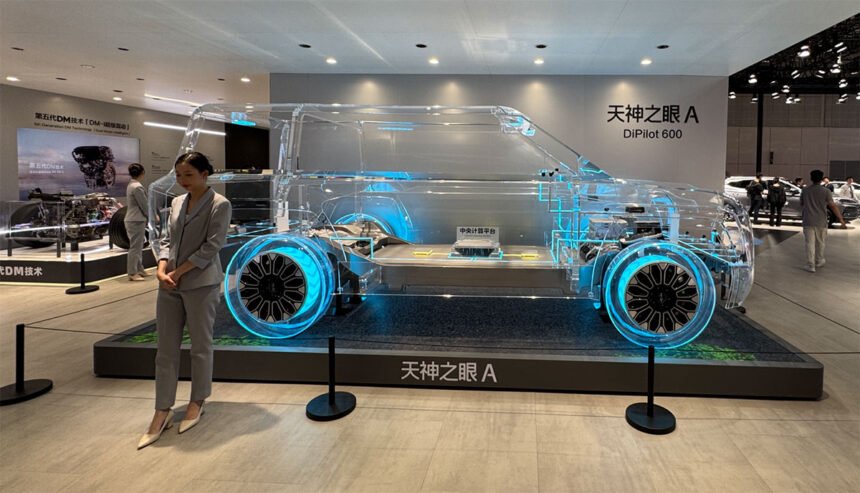China’s major automakers and some new carmakers have recently made a promising commitment to shorten supplier payment terms, aiming to address concerns about supply chain security. This move comes in response to regulatory authorities’ requirements and the need to maintain the stability of China’s automotive industry supply chain.
Among the automakers that have announced this commitment are industry giants such as BYD, Geely Auto, Chery, and Xpeng. These companies have pledged to shorten supplier payment terms to within 60 days, with the aim of promoting “high-quality development” in China’s automotive industry and fulfilling corporate social responsibility.
The decision to shorten supplier payment terms is crucial in light of the rapid development of China’s new energy vehicle (NEV) industry, which heavily relies on a robust supply chain. Lengthy payment cycles for suppliers have been a recurring issue in the industry, posing a potential threat to supply chain security.
Recent price wars in China’s automotive market have further exacerbated concerns about supplier profitability and survival. The China Iron and Steel Association (CISA) recently issued a statement urging automakers to collaborate in safeguarding supply chain interests and resisting unfair competition.
According to CISA, some automakers have been demanding significant price reductions from steel mills, far exceeding what the mills can accept. These automakers have also been delaying payments to suppliers for months, shifting financing pressure and costs onto upstream suppliers.
In contrast, international automakers, including Japanese companies, have established long-term, close partnerships with suppliers, ensuring fair competition and leaving suppliers with a reasonable profit margin. CISA calls on Chinese automakers to follow suit and cease relying on occupying upstream funds to sustain their development.
Overall, the commitment by China’s major automakers and new carmakers to shorten supplier payment terms reflects a positive step towards ensuring supply chain security and promoting sustainable growth in the automotive industry. This move is expected to benefit both suppliers and automakers, fostering a more balanced and equitable business environment.







